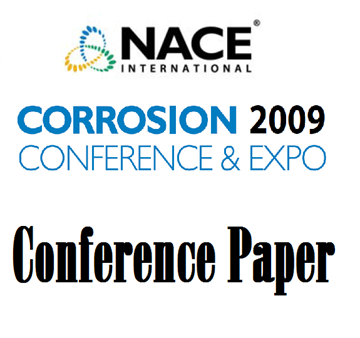Search
97048 RAPID SCREENING OF STAINLESS STEELS FOR ENVIRONMENTALLY ASSISTED CRACKING IN H2S/CO2/Cl- ENVIRONMENTS USING THE SLOW STRAIN RATE TEST
Also Purchased
09296 Fracture Analysis of Slow Strain Rate Test for Stress Corrosion Cracking
Product Number:
51300-09296-SG
ISBN:
09296 2009 CP
Publication Date:
2009
$20.00
97061 SLOW STRAIN RATE TESTING OF CORROSION RESISTANT ALLOYS IN HIGH TEMPERATURE H2S ENVIRONMENTS
Product Number:
51300-97061-SG
ISBN:
97061 1997 CP
$20.00
97130 SLOW STRAIN RATE TESTING OF CARBON STEEL IN SOLUTIONS WITH HIGH NITRATE CONCENTRATIONS
Product Number:
51300-97130-SG
ISBN:
97130 1997 CP
$20.00




